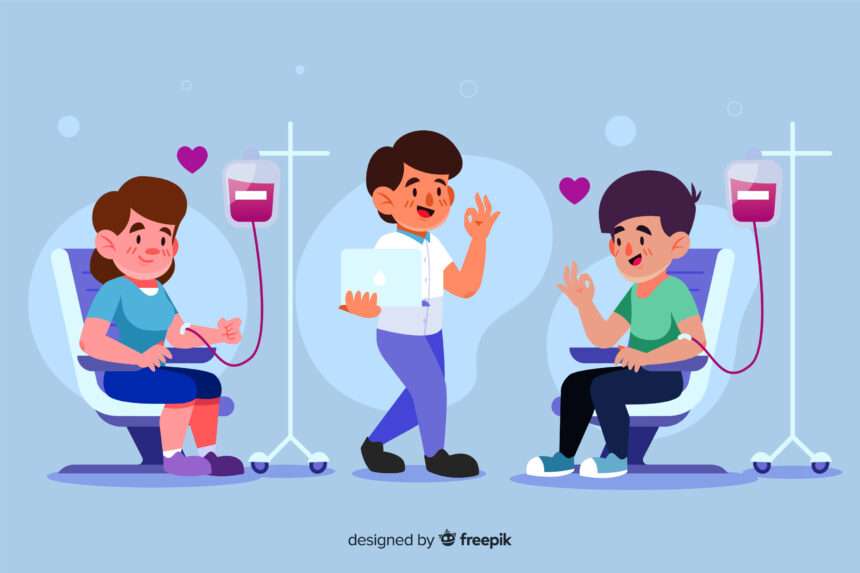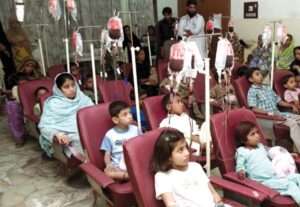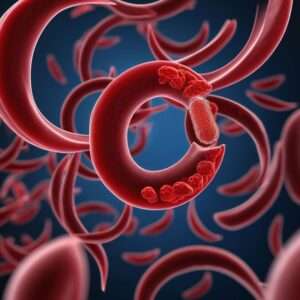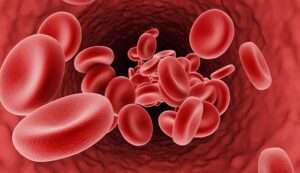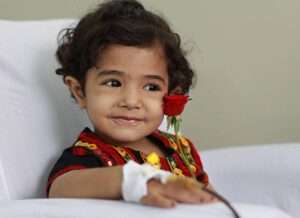Managing blood transfusions:
One of the very common and recurrent methods of treatment for serious thalassemia is a blood transfusion. Such blood transfusions happen very often as the kid’s blood needs to be transfused by healthy blood. After your kid gets healthy blood, your body will be active again that is what my doctor told me. If your kid develops symptoms considered severe in thalassemia, then the doctor may prescribe blood transfusion, but they will need to monitor for complications resulting from these transfusions. This could increase the likelihood of iron being stored in your kid’s blood and this leads to the failure of the organs such as the heart, liver, or even other organs They may take up to 3 hours for the transfusion, and your kid is likely to receive BF every 2 to 4 weeks depending on the intensity of the disease. When transfusing the kid for long hours, it could be uneasy, thus, make sure that everything your child would need during the process of attaining a good healthy hemoglobin in the blood is with you. Also, be certain that your child is observed or checked by the doctors for organ damage while the kid is undergoing transfusions.
Management with chelation therapy:
Another significant link in how to control thalassemia in children is through chelation therapy. Anemia is a major complicating factor in the lives of thalassemic kids and so is the fact of iron deposition. Through time, the iron can accumulate in the blood more frequently. These deposits may lead to extensive damage to major organs or systems such as the cardiac, pulmonary, and hepatolenticular systems. This is mainly due to the effects of accumulation of iron from many blood transfusions, but it can also be found in some kids who have never had any transfusion. Managing these buildups is the most important part of the treatment of thalassemia. To manage the buildups doctors, recommend Chelation therapy. Through Chelation therapy the excessive iron is removed from your child’s blood. The removal can be done by taking oral medicines including
- Deferiprone (Ferriprox)
- deferasirox (Exjade, Jadenu),
- and can also be done by injecting deferoxamine (Desferal). These medications will remove extra iron from your kid’s blood and will keep his organs healthy.
Management with bone marrow transplant:
Another way of treating thalassemia in your children is three stem cell therapy or bone marrow transplants. This treatment is preferred in serious cases and the transplant may be carried out between the close relatives ideally between the siblings of the kid. In this transplant, the diseased cells of the kid will be replaced with new healthy cells obtained from the donor. It means that doctors will remove your child’s bone marrow and will also put the bone marrow of the sibling that will produce healthy cells. This treatment may not be applicable for every kid as this is a very intensive procedure. However, this treatment also helps in eradicating the necessity of blood transfusions for your kid and can handle thalassemia.
Managing thalassemia with surgery:
Thus, some children with thalassemia have an enlarged spleen, which complicates the overall process of Thalassemia. There can be a surgery to eliminate the spleen known as splenectomy which is useful in treating Anemia. Most children are capable to lead healthy lives even if the spleen is removed but children who undergo the surgery are still likely to need blood transfusions as the surgery is likely to fail in fulfilling this aspect. The manner used in spleen removal surgery is called laparoscopy which leaves little scars and fast recovery. As much as your kid may be normal after the removal of the spleen their immune system may be weaker, they may need antibiotics or vaccines.
Thalassemia Management with medications:
If your child has thalassemia the kid will need different medications that can relieve the symptoms of Thalassemia. Your kid must take the necessary supplements and medicine as prescribed by their doctor while managing thalassemia. Your kid should take folic acid to improve the production of red blood cells in their bodies. Also, the kid should avoid iron medications and supplements that contain iron in large quantities to avoid iron buildup in the blood. This iron buildup can damage the kid’s heart and lungs, so it is better to take iron-free supplements. Moreover, to enhance the fetal hemoglobin levels hydroxyurea can be taken if it’s prescribed by the doctor.
Managing Thalassemia in children with lifestyle-changing
With medications and therapies, your kid may have to make some lifestyle changes to manage Thalassemia. These lifestyle changes may not seem bigger, but they can really improve your kid’s life quality and can manage his symptoms. You should look for two kinds of lifestyle changes:
- The biggest lifestyle change that your little one can make is increasing their activity level. A sedentary lifestyle is never good for a kid with Thalassemia so you must encourage your kid to stay active as much as they can as per their capability. But make sure not to push their limits and let them stay active as much as they can easily.
- Another lifestyle change that you can work on for your kid will be his diet change. You can consult his pediatrician and ask them for a diet plan, or you can consult a nutritionist. The role of a pediatrician or nutritionist is to design a mineral-rich diet for patients. Once you consult them and ask for a mineral-rich diet to manage your kid’s disease, the diet will help enhance your kid’s immunity and strength. However, if there is even a small amount of iron in the mineral-rich diet, you should stay away from it and instantly inform the nutritionist to change the diet for your kid.
Managing infections:
Infections can be more severe for thalassemia patients. So, if your kid has thalassemia, he will be more prone to infections if he has recently gone through surgery or blood transfusion. Infections are not desirable at all, and they might even intensify the symptoms of thalassemia, so it is desirable to stay away from them. To avoid infections, you may consider the following points:
- Keep your home sanitized and germs-free
- Do not let your kid go near someone who already has some kind of infection as the infections will be more fetal for your kid because the kid has thalassemia
- Ask your kid to wash their hands after every house and use a sanitizer
- Try to give your kid foods that can boost their immunity
- Consult your doctor as soon as your kid catches an infection
Manage your kid’s emotional needs:
Battling with Thalassemia can be very challenging for your little one as the symptoms can make the kid tired and exhausted. They may have frequent infections that can make them internally weak and can also take a toll on their mental health. Your kid needs counseling during this time. The best you can do is support your child during the treatment phase and give them emotional support. As a parent, you should always be by your child’s side during these hard times. You should tell them that the disease may be scary but has many treatment options. This closure will keep your child aware of the kind of treatment they are going for and how they can manage their life with it.
How can parents Prevent Thalassemia in Children?
Thalassemia being a genetic disorder, can’t be prevented mostly. Although some measures can be taken to decrease the risk.
- If there has been a patient of thalassemia in your family previously, then you should consult a genetic counsellor to test you before trying to have any children.
- There are some cases where one partner has thalassemia. In this case, the other person must also be tested before trying to have children because it might be extremely dangerous to do without testing. It is very crucial if you belong to areas with having particularly high rate of thalassemia.
- If both partners have thalassemia, then please consult with a doctor and genetic counselor. They can help you to have healthy children.
- There is a procedure called assisted reproductive technology diagnosis. It checks the embryo in the beginning for any genetic mutations. If any abnormality is found, the mature eggs are retrieved and fertilized with sperm in a dish. Then only healthy embryos are replanted into the uterus.
In conclusion, the disease may be incurable, but your kid may get better with time if you support them emotionally and give them proper care.

